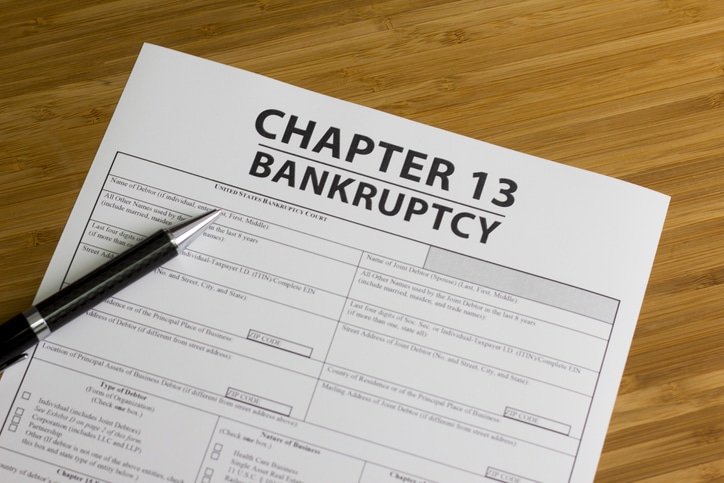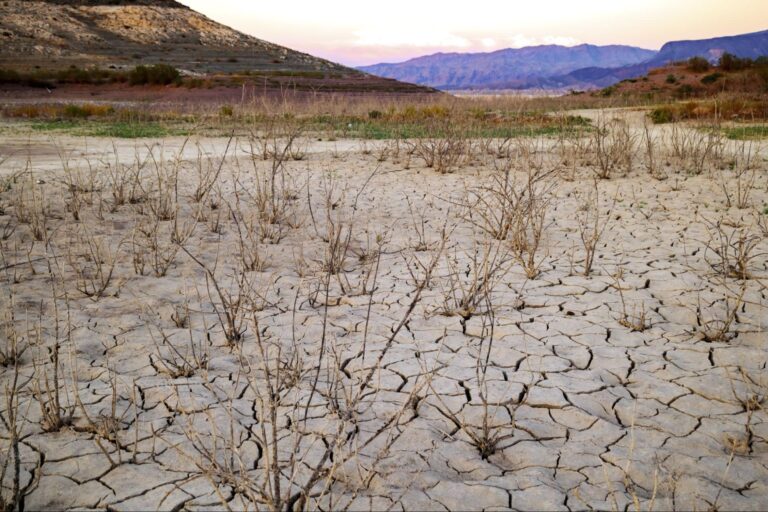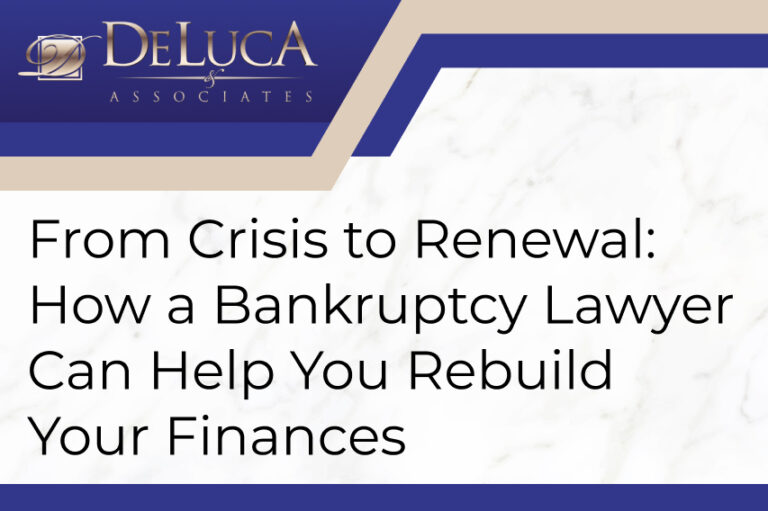Las Vegas Comes Up Craps
Since the 90’s, Las Vegas rode high on almost 15 years of unbelievable profits and growth. Each year was better than the next, and the rapid expansion could hardly keep pace with the country’s seemingly unending hunger for more hotels, more casinos, more everything. In 2007, over 39 million people visited Vegas, an all-time high. The city was riding a hot streak at the table, and had no intentions of walking away.
That’s the thing about hot streaks though; eventually, they always come to an end. The credit crunch of 2008 sent the national economy into a tailspin. Tourism dried up overnight. By 2011, Nevada was the leading state in bankruptcies and foreclosures. With a current unemployment rate of 11.6%, much higher than the national average, the picture remains bleak.
Even now, as the US struggles to pull itself out of this latest recession, Las Vegas lags behind, sitting at or near the bottom of any relevant rankings for city growth or economic development. The biggest weight around Las Vegas’s neck right now is the current housing market. Prices have fallen steadily from their high in 2006, with Nevada having the most home “underwater,” at an estimated 62%.
In 2010, there were 167,564 empty houses in Nevada, which translates to one out of seven. Half-finished construction projects litter the city. In many ways, Southern Nevada is seemingly shaping up to become a modern day ghost town. A recent UNLV study presented to the city estimated that it is unlikely for a turn around to occur until 2017 at the earliest, suggesting the lean times for Las Vegas are probable to continue.
The silver lining here, of course, to the optimistic investor, is that now is the time to buy property in the Las Vegas area. After so many people have virtually walked away from their homes, residential prices have fallen by almost half in three years, and statewide the average property is sold at just $115,000. A savvy buyer, with the fortitude and patience to wait out, can stand to earn a very tidy profit indeed once the area recovers.
Tourism and gaming, the area’s biggest economic producers, have begun to see their numbers rise again, making this less a forlorn hope than might be thought. It’s unlikely that the city will suffer a permanent slide. There will always be a demand, in the end, for Sin City. And after all, in Vegas, your luck can change, just like that.
About Author:
Ed Michaelson blogs for We Buy Ugly Houses, a national real estate company which buys and sells homes throughout the US.





